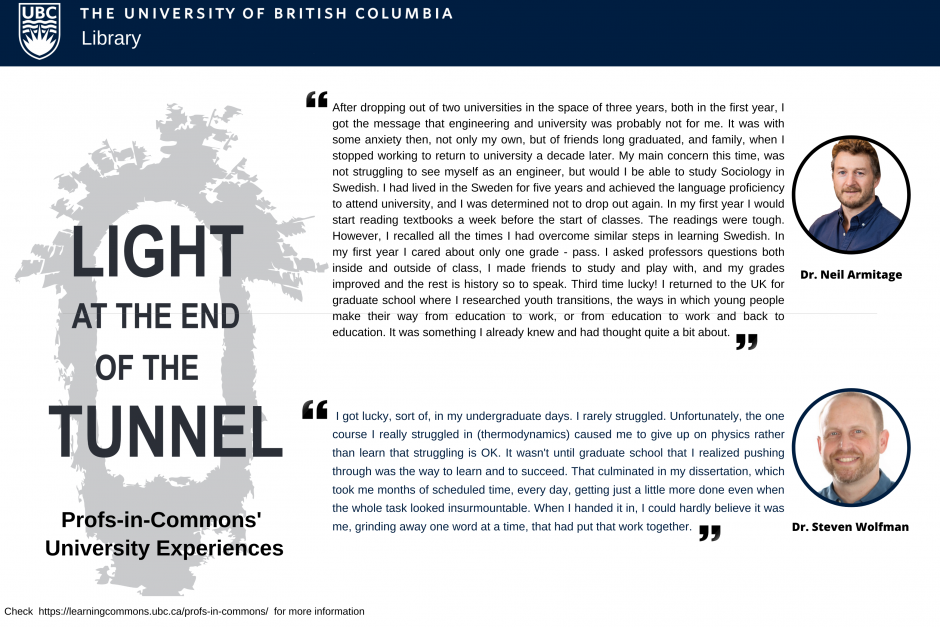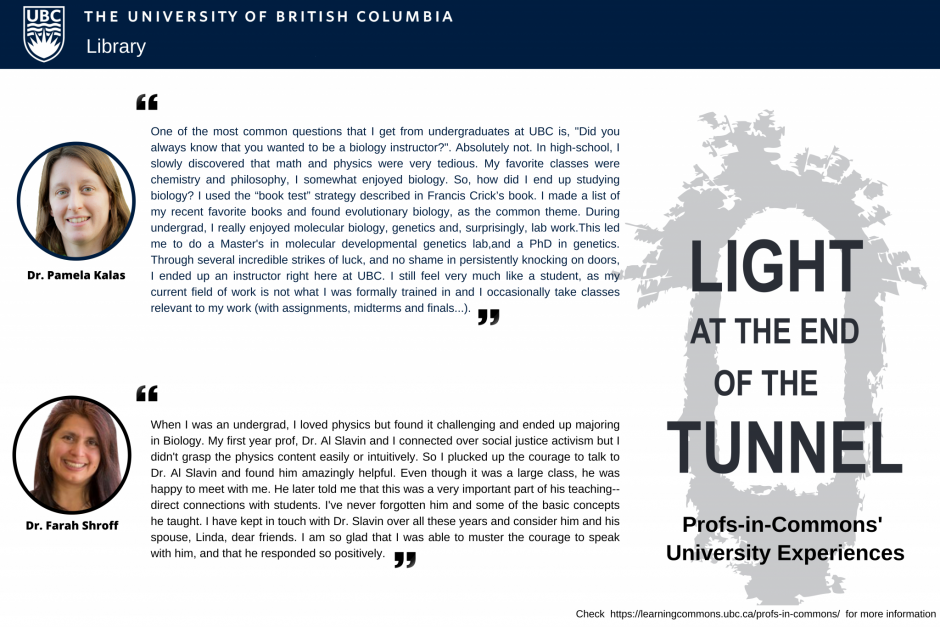Since 2016, the Chapman Learning Commons has hosted Profs in Commons, embedding professors’ office hours in the Learning Lounge on level 3 of the Irving K. Barber Learning Centre. Regardless of the classes they are teaching, our Profs-in-Commons welcome students from any discipline to stop by!
For questions about the Profs in Commons program, please contact Chapman Learning Commons staff.
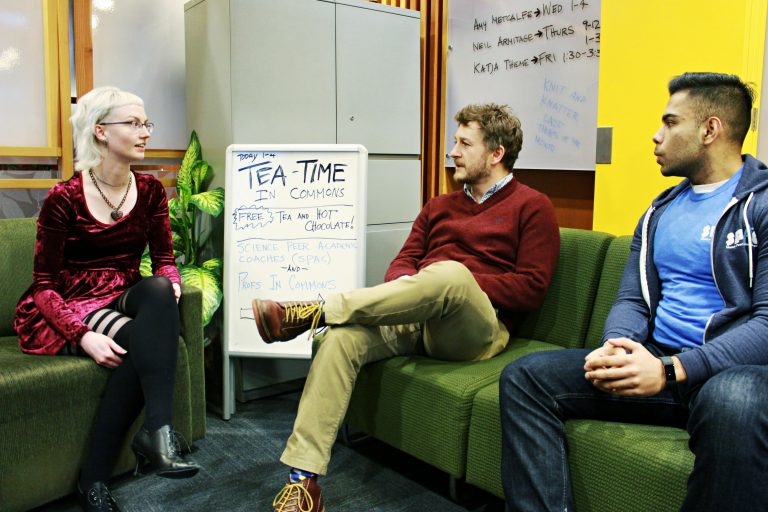
Office Hours
Learning Lounge | Level 3 | IKBLC
Winter Term 2 | January 5, 2026 – April 10, 2026
- 09:00
- 09:30
- 10:00
- 10:30
- 11:00
- 11:30
- 12:00
- 12:30
- 13:00
- 13:30
- 14:00
- 14:30
- 15:00
- 15:30
- 16:00
- 16:30
- 17:00
- 17:30
- 18:00
- 18:30
-
Monday
-
Tuesday
-
Dr. Chelsea Freeborn
-
Dr. Neil Armitage
-
-
Wednesday
-
Dr. Kathy Greaves
-
Dr. Denis Foung
-
-
Thursday
-
Dr. Kathy Greaves
-
Dr. Chelsea Freeborn
-
Dr. Neil Armitage
-
-
Friday
Meet some of the Profs!
Dr. Chelsea Freeborn
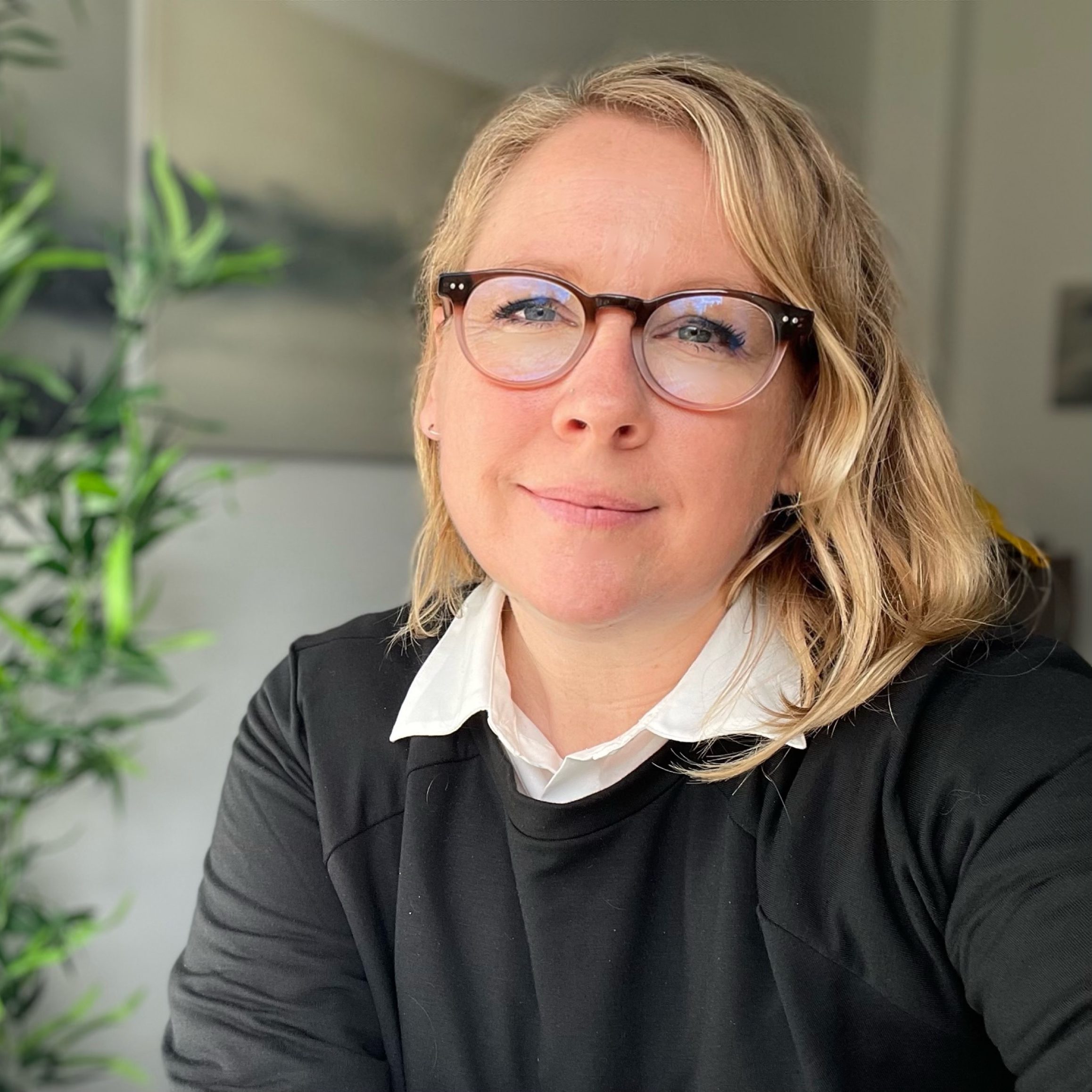
I am a Lecturer in the Family Studies program, which is housed in the Department of Sociology. I am a fairly recent arrival to Vancouver and UBC, having lived and worked previously in Edmonton. It is there I received a PhD in Human Ecology (Child, Youth and Family Science) from the University of Alberta. I also instructed for a number of years in Edmonton at MacEwan University in the Bachelor of Early Childhood Curriculum Studies program (communication and family streams). I’m very inspired to connect with students in a meaningful way that supports their success and deeper understanding of courses and their material. When not working, I enjoy listening to music (ideally outdoors), going for nature walks, and spending time with the important humans and animals in my life (including two labradoodles).
Dr. Kathy Greaves

I am a Lecturer in the Family Studies minor which is part of the Department of Sociology. This year, I am teaching FMST 210: Family Context of Human Development and FMST 316: Human Sexuality. I received my PhD in Human Development and Family Studies from Oregon State University (OSU) where I remained as an Instructor for 18 years. While at OSU, I typically taught introduction to families and human sexuality courses with enrollments from 400-600, resulting in an estimated 45,000 students who took my courses. Cultivating personal growth in students is the central tenet to my teaching. I hope that their experiences in my courses help them to have a better understanding of themselves as individuals as well as facilitate successful and satisfying intimate and familial relationships.
Dr. Neil Armitage
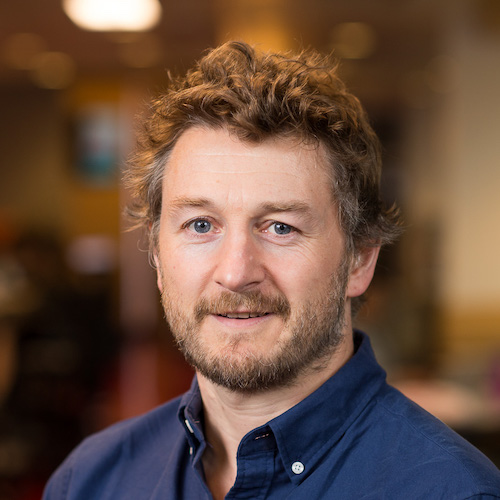
After dropping out of two universities in the space of three years, both in the first year, got the message that engineering and university was probably not for me. It was with some anxiety then, not only my own, but of friends long graduated, and family, when I stopped working to return to university a decade later. My main concern this time, was not struggling to see myself as an engineer, but would I be able to study Sociology in Swedish. I had lived in the Sweden for five years and achieved the language proficiency to attend university, and I was determined not to drop out again. In my first year I would start reading textbooks a week before the start of classes. The readings were tough. However, I recalled all the times I had overcome similar steps in learning Swedish. In my first year I cared about only one grade – pass. I asked professors questions both inside and outside of class, I made friends to study and play with, and my grades improved and the rest is history so to speak. Third time lucky! I returned to the UK for graduate school where I researched youth transitions, the ways in which young people make their way from education to work, or from education to work and back to education. It was something I already knew and had thought quite a bit about.
Dr. Katja Thieme
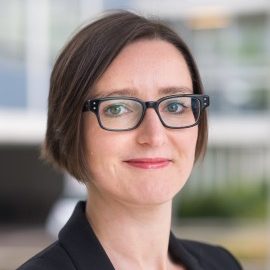
I have an M.A. in art history from Universität Leipzig, Germany, an M.A. in English from UBC, and a Ph.D. in English language studies from UBC. I have also studied at Carleton University in Ottawa.
My research interests include genre theory, forms of public address in social and political movements in Canada, discourse analysis of research writing, as well as late nineteenth- and early twentieth-century Canadian literature.
Dr. Dennis Foung
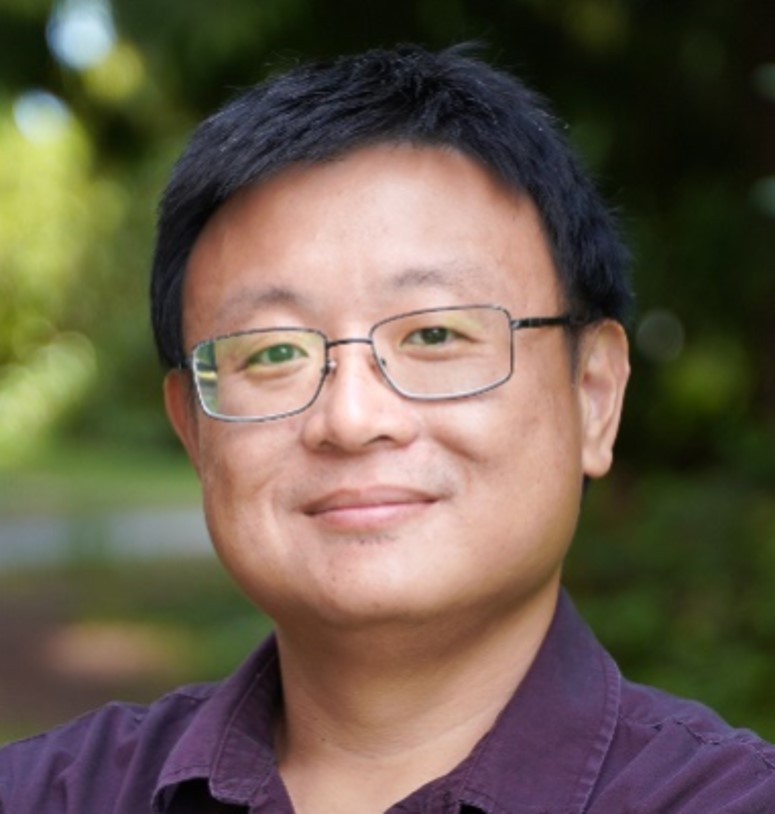
I am a lecturer at the School of Journalism, Writing and Media (JWAM) and mainly teach WRDS 150B. I “enjoy” doing degrees and hold a number of academic qualifications in the fields of adult education, language education, language studies, human resource management and development, and data science.
Prior to joining JWAM, I was a member of the Learning Analytics team at the UBC’s Centre for Teaching, Learning, and Technology. I also taught academic literacy for more than 15 years in Hong Kong and Canada. I have a keen interest in big data research.
Dr. Laila Ferreira
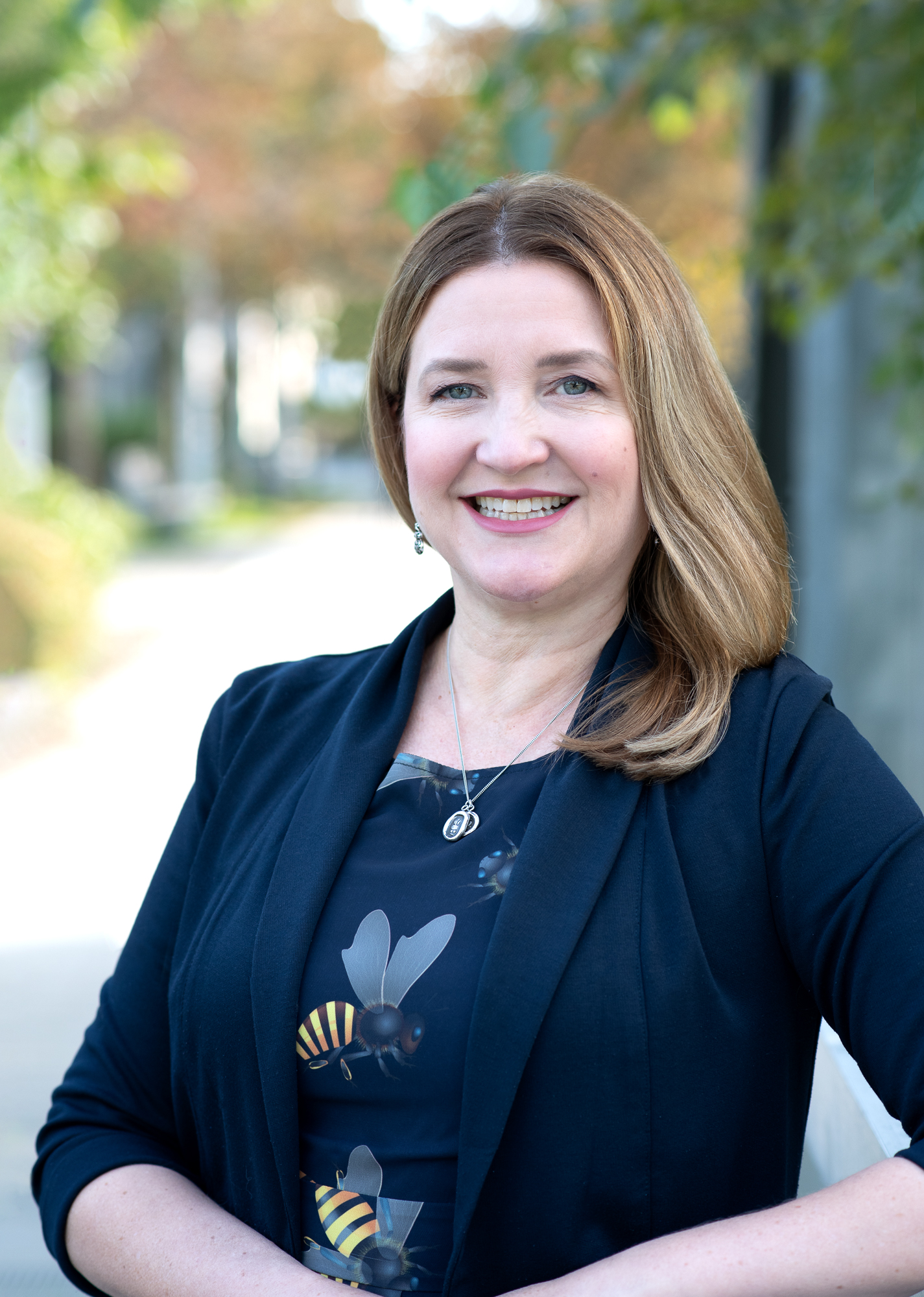
I am an Assistant Professor of Teaching in the School of Journalism, Writing, and Media (JWAM) with a particular focus on writing studies and the teaching of academic research, writing, and communication. I have participated in cross-campus initiatives related to the first-year experience, Universal Design for Learning (UDL), decolonizing and internationalizing the curriculum, and inclusive teaching and course design for a diverse student body.
As a queer cis-gender woman and first-generation university graduate, I am a co-researcher on studies that address the learning experiences of students from historically, systemically, and persistently marginalized communities in the academic research and writing classroom. My current activities include a co-authored paper on the language of gender in research writing on facial recognition software and a project on establishing the characteristics of inclusive teaching of writing that promises pedagogical strategies and resources for the inclusive teaching of writing across all disciplines at UBC. I am also a creative writer and avid reader of fashion history and historical fiction.
Dr. Jonathan Graves
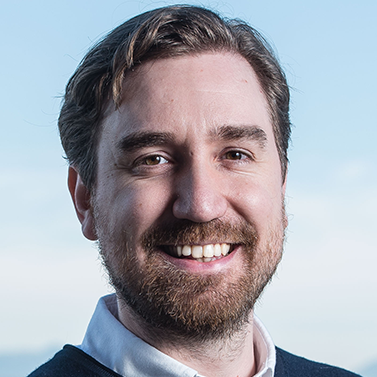
I teach intermediate and senior undergraduate courses here at the VSE, focusing on how we can use economic intuition, modelling, and data analysis to understand the world around us. My pedagogical research includes developing undergraduate researchers, experiential learning, community-engaged learning, and the scholarship of teaching and learning. My economic research areas include applied microeconomics, and industrial organization.
Other Resources
Map
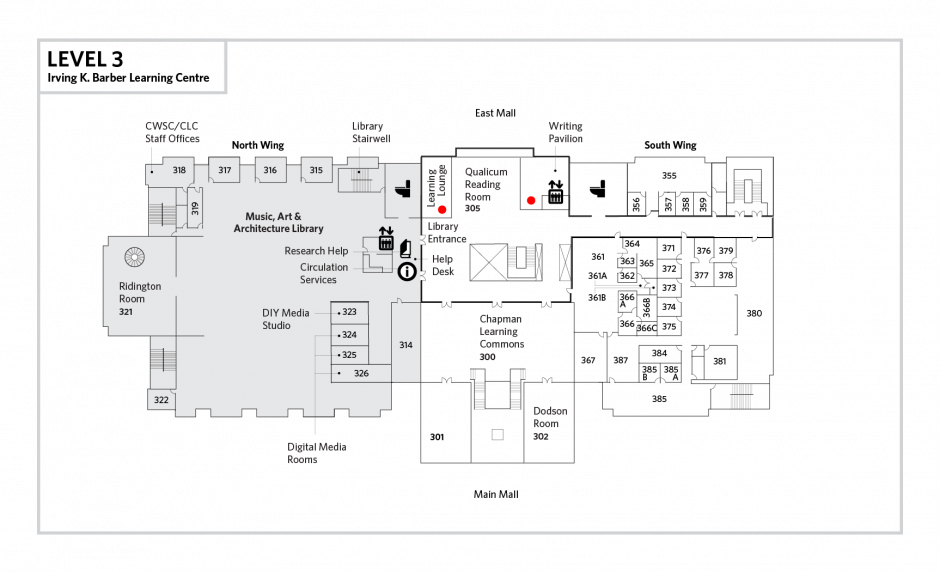
The Profs-in-Commons’ host their office hours in the Learning Lounge, located on Level 3 of the Irving K. Barber Learning Centre.
Profs-in-Commons’ University Experiences
Interviews by CLC Assistants, 2019.
